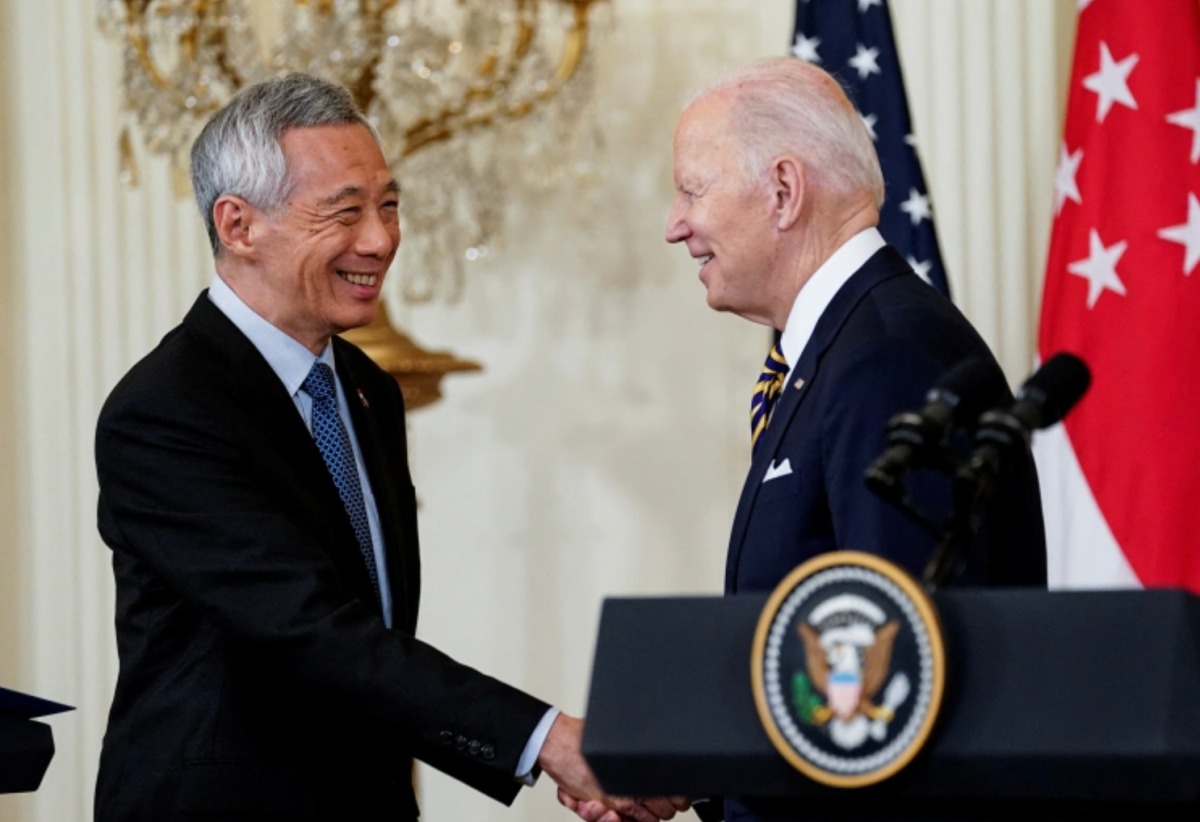Consumer prices in Singapore are at a decade-high and projected to “pick up sharply” in the coming months according to the Monetary Authority of Singapore (MAS), as the trade-reliant city-state grapples with global supply constraints, soaring commodity prices and a tight domestic labor market.
For Singaporeans, this has meant higher household power bills and transportation costs, increased fees for services, as well as pricier chicken rice at hawker centers. With the island nation having eased nearly all Covid-19 curbs, the post-pandemic era is rapidly being defined by cost pressures on consumer-facing sectors.
Singapore’s central bank said global developments, in particular the Russia-Ukraine conflict, have worsened the external inflation outlook, leading it to forecast in its half-yearly macroeconomic review published on April 28 that core inflation will peak in the third quarter as energy price increases filter through to local electricity and gas tariffs.
The core inflation rate – MAS’ favored price measure – outpaced economist forecasts with a rise of 2.9% year-on-year in March, the sharpest increase since March 2012. Headline or overall inflation, which includes private transport and accommodation, rose to 5.4%, the fastest since April 2012, prompting MAS to revise its projections earlier this month.
Read the full story at Asia Times.
Nile Bowie is a journalist and correspondent with the Asia Times covering current affairs in Singapore and Malaysia. He can be reached at nilebowie@gmail.com.




